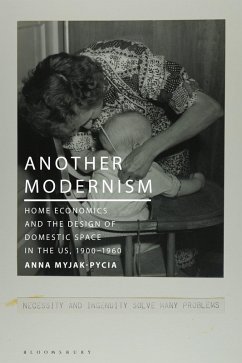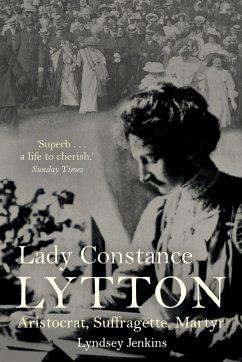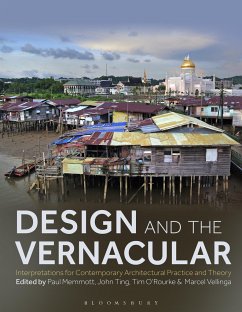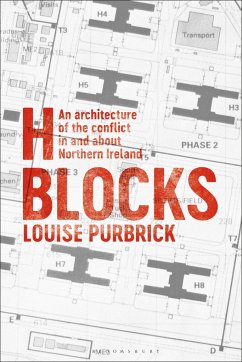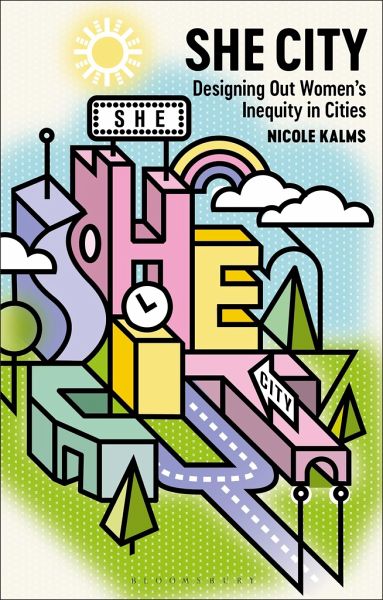
She City
Designing Out Women's Inequity in Cities
Versandkostenfrei!
Versandfertig in über 4 Wochen
117,99 €
inkl. MwSt.

PAYBACK Punkte
59 °P sammeln!
Rooted in feminist political thought, She City illuminates how gender shapes our urban spaces and city design. Through three sections: 'Resisting Sexist Cities', 'Designing Feminist Cities', and 'Prioritizing Safer Cities', Kalms examines barriers to women's public participation and focuses on the practical strategies, policies and actions to overcome them. Addressing significant themes such as violence against women and gender-sensitive design, She City not only provides direction for practitioners but also inspires confidence to pursue new paths towards women-centered urban environments. Thi...
Rooted in feminist political thought, She City illuminates how gender shapes our urban spaces and city design. Through three sections: 'Resisting Sexist Cities', 'Designing Feminist Cities', and 'Prioritizing Safer Cities', Kalms examines barriers to women's public participation and focuses on the practical strategies, policies and actions to overcome them. Addressing significant themes such as violence against women and gender-sensitive design, She City not only provides direction for practitioners but also inspires confidence to pursue new paths towards women-centered urban environments. This book is an essential resource for architects, urban designers, planners and the plethora of built environment specialists committed to building cities that truly meet the diverse needs of women and girls.



